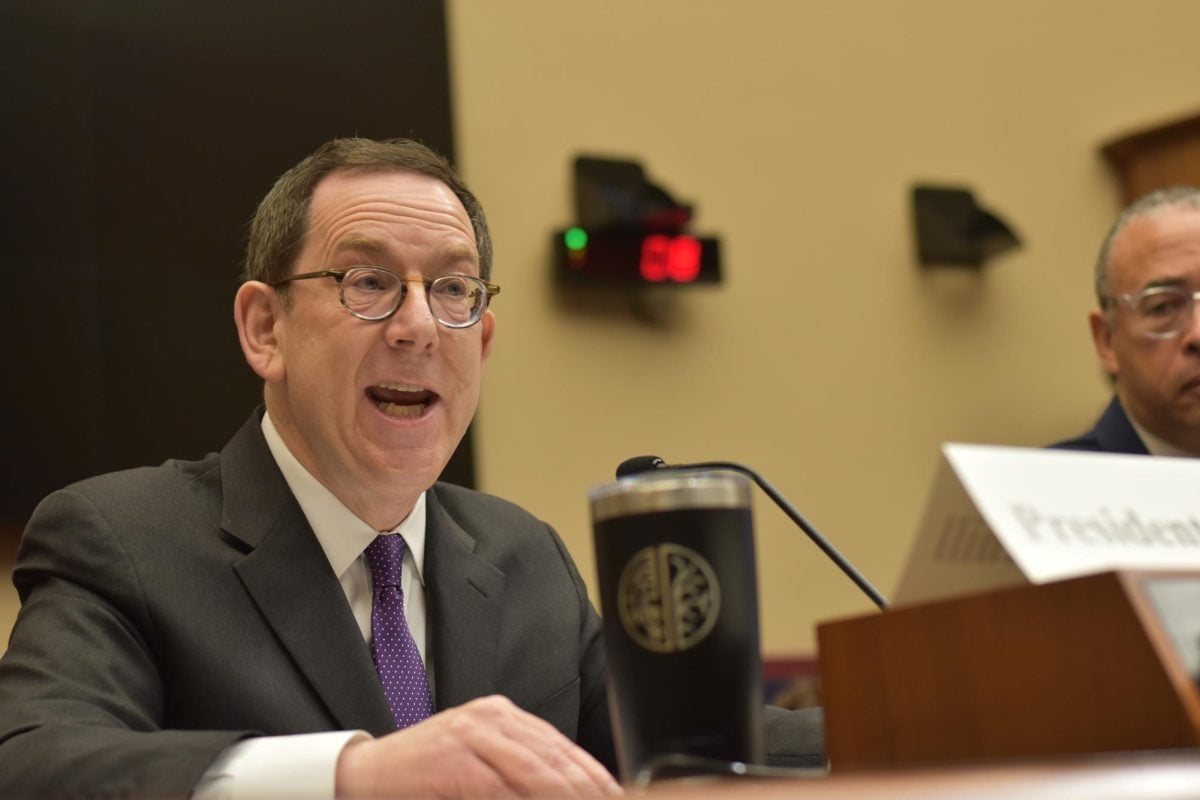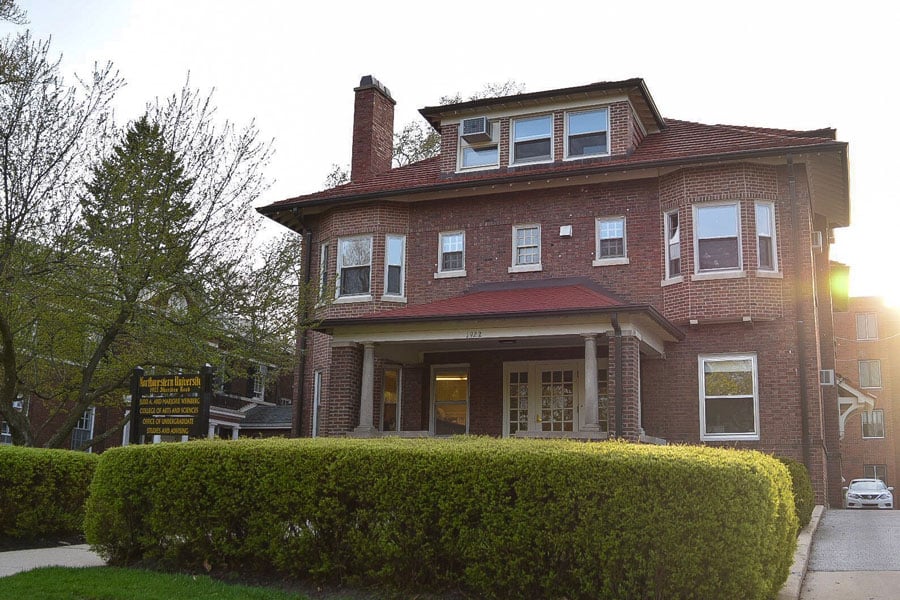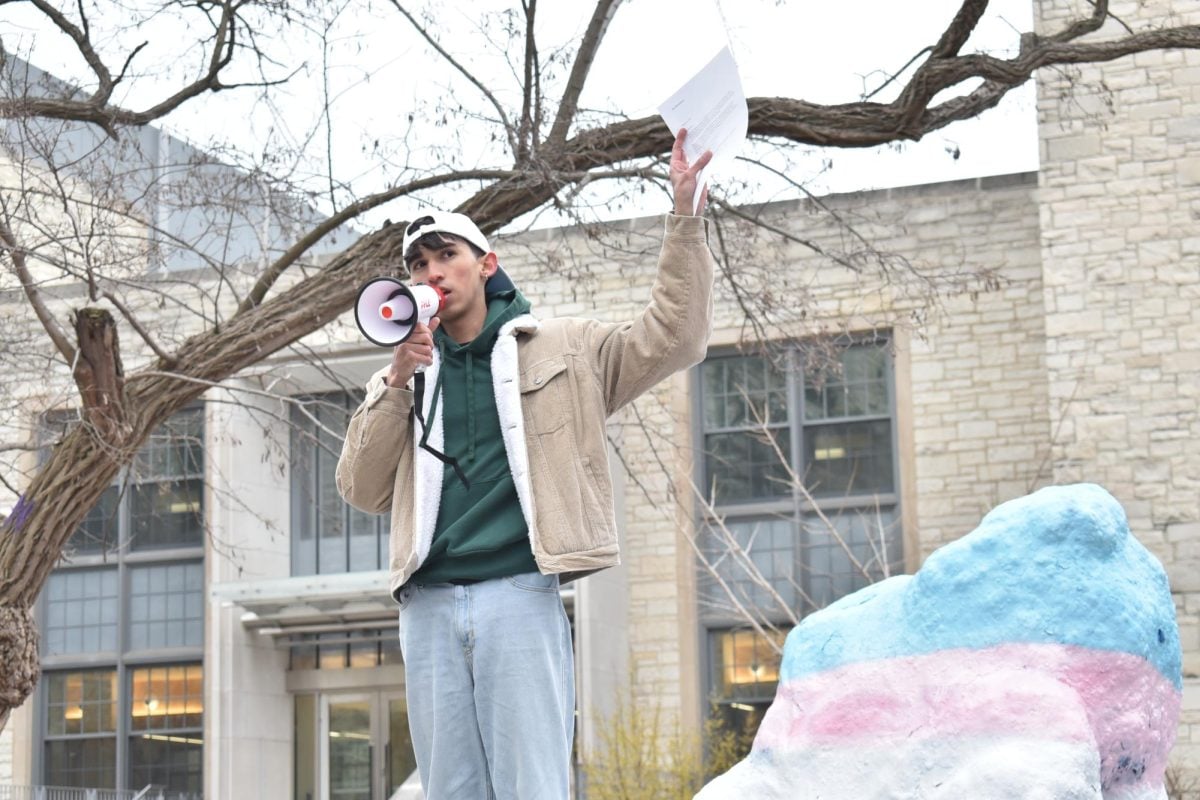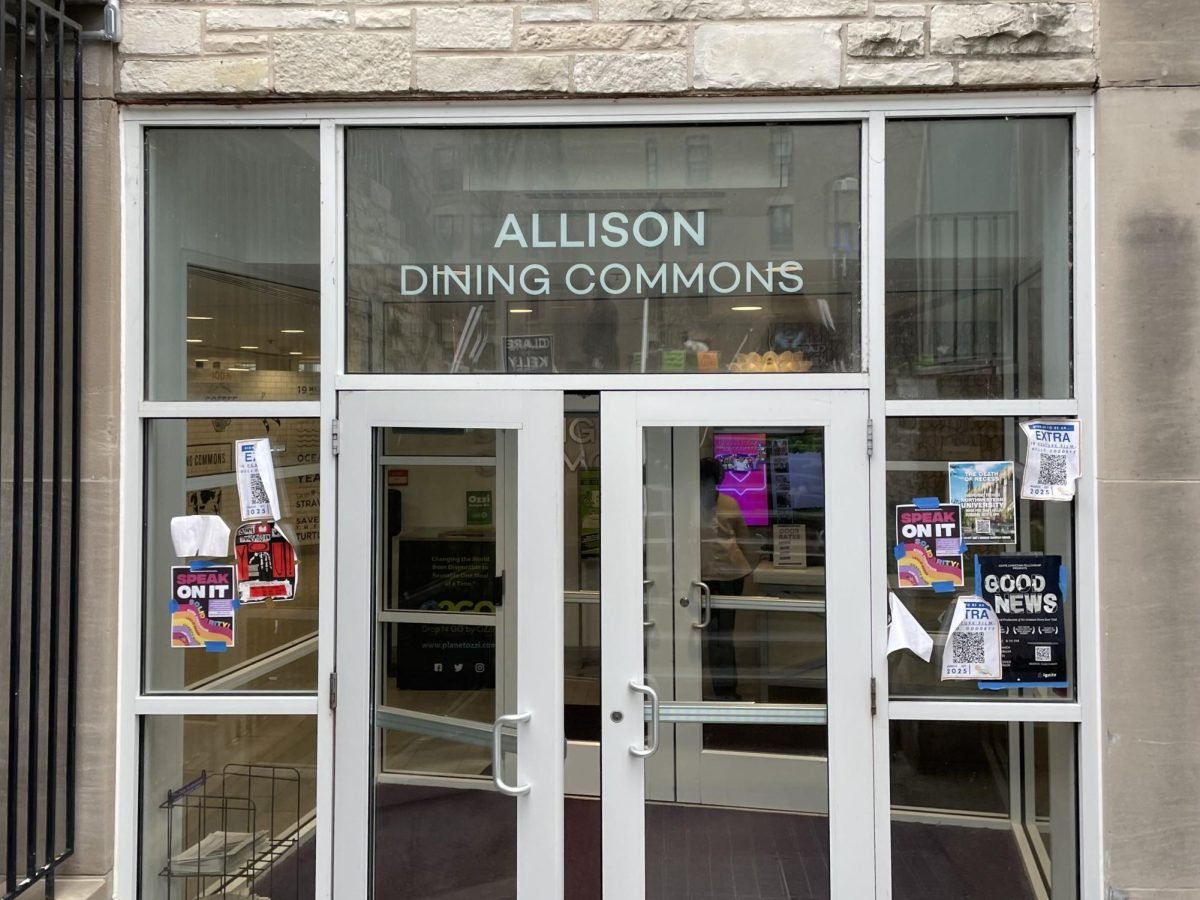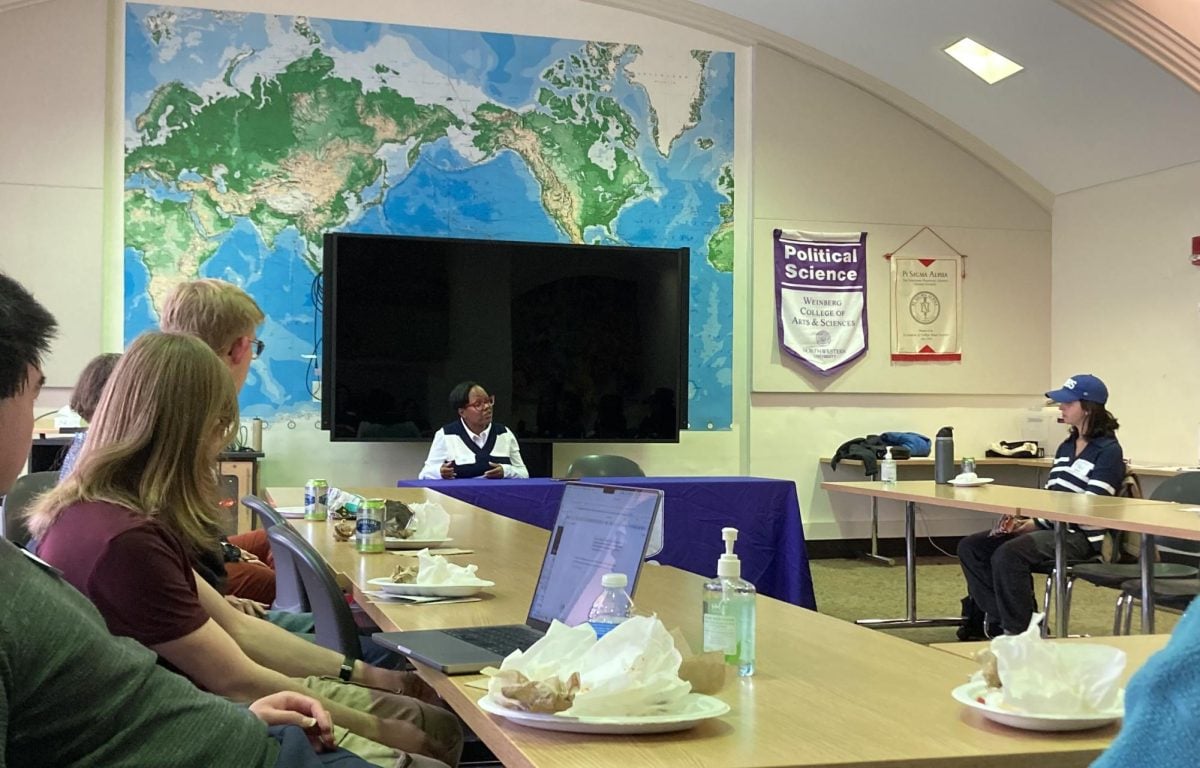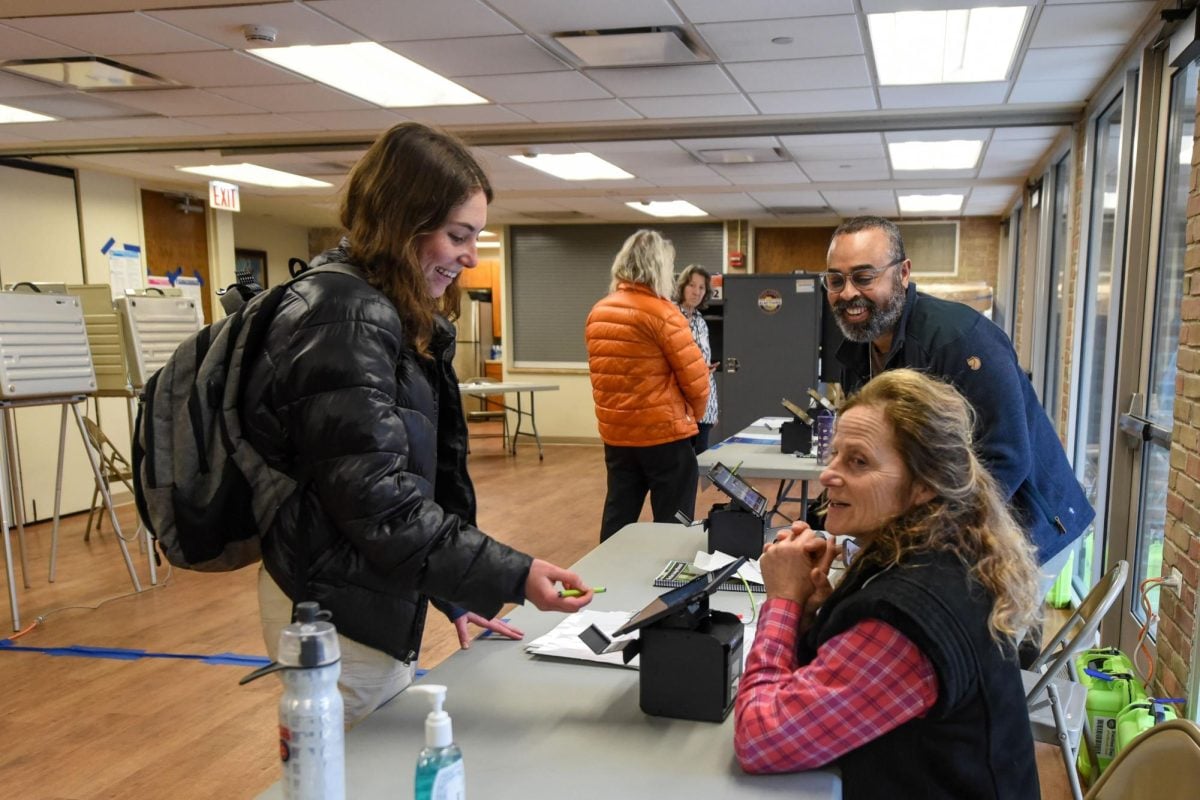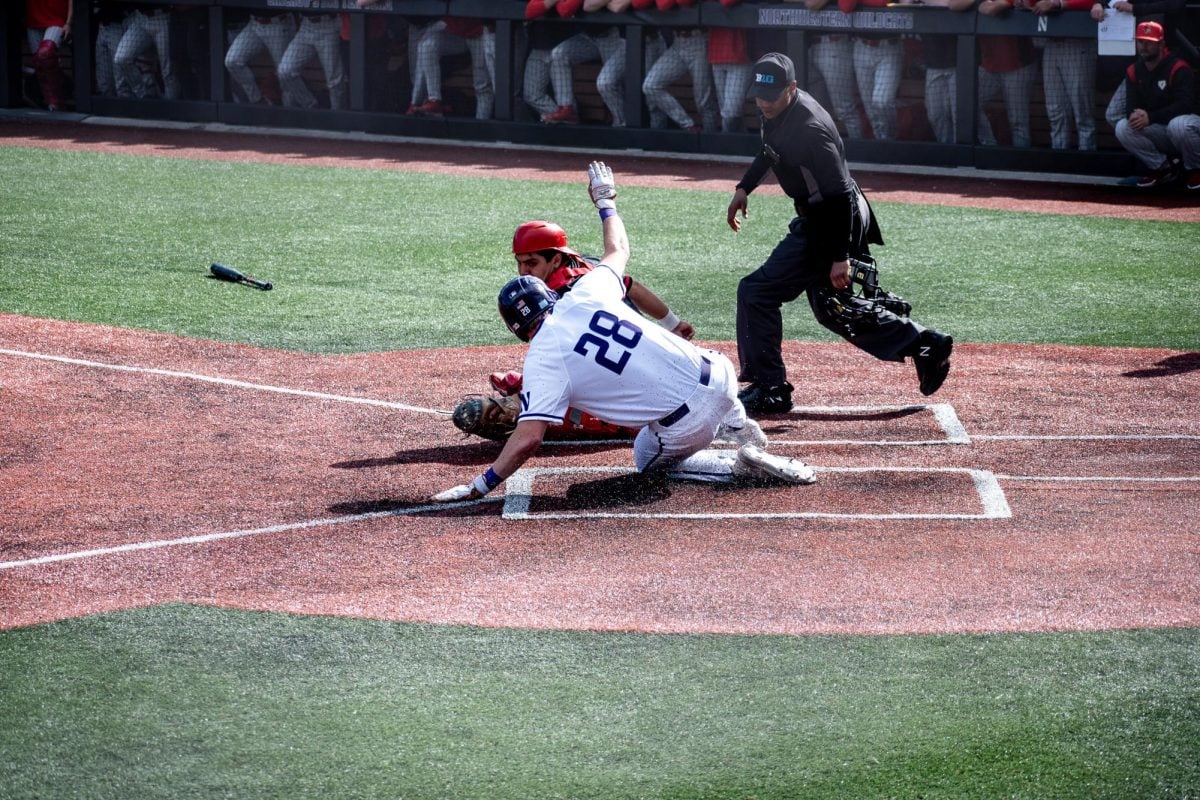WASHINGTON — University President Michael Schill doubled down on his commitment to combating antisemitism and engaging with pro-Palestinian student activists in his Thursday morning testimony in front of the House Committee on Education and the Workforce.
University of California, Los Angeles Chancellor Gene Block, Rutgers President Jonathan Holloway and former Brandeis University President Frederick Lawrence joined Schill as witnesses.
“Each of you should be ashamed of your decisions that allowed antisemitic encampments to endanger Jewish students,” U.S. Rep. Virginia Foxx (R-N.C.) said in her opening remarks.
Here are four takeaways from Schill’s testimony.
1. Schill stands firm in decision to negotiate with encampment organizers
Schill defended NU administrators’ decision to negotiate with pro-Palestinian encampment organizers nearly a month ago — a move that has drawn sharp criticism from Jewish organizations, conservative groups and Republican lawmakers.
Foxx said NU conceding to provide more transparency about its investments “encouraged other Universities to cave in” to protesters’ demands. Still, Schill promised that divesting from Israeli-affiliated companies and institutions — a key demand of student protesters — was not on his agenda.
“I would never recommend to the Board of Trustees any divestment or anything related to academic boycotts of Israel,” Schill said in response to Foxx.
Similarly, Rep. Elise Stefanik (R-N.Y.) said the agreement was “pro-Hamas,” “anti-Israel” and “antisemitic” and referenced NU’s failing grade in the Anti-Defamation League’s Campus Antisemitism Report Card.
Stefanik and other members questioned Schill about which parties were consulted on the agreement to deescalate the Deering Meadow encampment, criticizing his decision not to consult with the President’s Advisory Committee on Preventing Antisemitism and Hate. Seven members of the committee stepped down following the agreement, and the remaining members of the committee announced the following day that they could no longer continue their work given the developments.
While Schill confirmed that he had not consulted with the committee or the entirety of the Board of Trustees, he rejected an allegation from Stefanik that he had failed to consult with the director of NU Hillel.
“The chair of our board was consulted,” Schill said, noting that the Board of Trustees has more than 120 members. “There’s been some members of our Board of Trustees who have expressed dissatisfaction that they were not part of this decision.”
Though Schill said there were no changes in the agreement that were made specifically for Jewish students, he said a main priority was “getting rid of that encampment, which was making our Jewish students feel unsafe.”
He said administrators were “fortunate” to have “students who were willing to negotiate and were willing to give up their demands” in the process. He specified that administrators told organizers “nothing that singles out Israel” would be included in the agreement.
2. Schill reiterates support for Jewish students, Israel
Though Rep. Foxx alleged NU, UCLA and Rutgers were “hotbeds of pervasive antisemitism,” Schill said he remains committed to supporting Jewish students at NU .
Schill noted that incidents of antisemitism mentioned by Stefanik “are allegations that are being investigated.” He stressed that “discipline has run the gamut,” with staff having been terminated since Hamas’ Oct. 7 attack on Israel but no students yet suspended or expelled. Schill also said investigations into allegations of antisemitic conduct are ongoing.
“Any form of hate, any form of discrimination or harassment based upon Title VI, or other rules at the University, we will investigate,” Schill said.
Rep. Jim Banks (R-Ind.) singled out Medill Prof. Steven Thrasher, who he said was an active participant in resisting police.
Banks asked Schill whether decisions related to disciplining faculty are “his and his alone” after Schill responded to a previous question that he was solely responsible for the termination of former head football coach Patrick Fitzgerald after allegations of hazing under his leadership surfaced.
Schill declined to comment on individual faculty members.
Similar to previous hearings, committee members alleged some slogans at pro-Palestinian encampments, like “intifada” — a phrase that means “shaking off” and refers to two violent Palestinian uprisings against the Israeli state in 1987 and 1993 — are antisemitic in nature.
“I believe that over time those statements have become dog whistles for antisemitism,” Schill said about such statements in response to a line of questioning from Rep. Eric Burlison (R-Mo.).
Rep. Aaron Bean (R-Fla.) asked Schill whether “calling for the death of Jews” violates NU’s Code of Conduct — a question that flustered the presidents of Harvard University, the Massachusetts Institute of Technology and the University of Pennsylvania during their joint appearance before the committee in December.
“It already is,” he replied.
Schill also noted the personal nature of antisemitism to him, speaking once again about his family’s connection to the Holocaust and Israel. Schill told the committee he does not believe that Israel is a genocidal state.
“None of us were prepared for what we saw after Oct. 7, and you have my commitment that we will do what is necessary to combat antisemitism,” Schill said.
3. Schill announces next steps for addressing antisemitism at NU
In his opening remarks, Schill said he would constitute a new task force “to guide our actions and benefit from the work done by other university task forces,” initiate a review of NU’s Code of Conduct, increase security on campus and educate students about the dangers of antisemitism.
“We are confident we can continue to promote two principles at the core of our mission ― free expression and academic freedom ― while disciplining harassment and intimidation,” Schill told the committee.
Several representatives asked Schill whether he would include faculty members with anti-Israel views on the new committee, but he declined to comment on individual faculty.
“I will be appointing to the task force that we are going to create, faculty, staff, administrators who I believe are committed to fighting antisemitism,” Schill said.
Rep. Brandon Williams (R-N.Y.) asked Schill to commit to suspending students currently being investigated for antisemitic behavior. Schill did not, saying “that is not how due process works.”
Rep. Pramila Jayapal (D-Wash.) — a graduate of the Kellogg School of Management — praised Schill’s “eloquent comments on the need to fight the scourge of antisemitism” but asked him if he had the same level of commitment in preventing rising Islamophobia.
“I would listen to the needs of any community,” Schill said. “We have already been in conversation with our Muslim and MENA students.”
4. Republicans grill Schill on NU-Qatar and the Qatar Foundation
With NU’s contract with the Qatar Foundation — the state-led organization that funds NU’s campus in Doha — set to expire at the end of the 2027-28 academic year, Schill faced questions about the University’s relationship with QF and the Qatari government.
Rep. Burgess Owens (R-Utah) alleged that NU partners with “the same Qatari government that … currently harbors leaders of Hamas and is estimated to have given the terrorist organization of Hamas about $1.8 billion.”
“I’m offended by you telling me what my views are,” Schill said.
He also asked Schill how much money the University receives from Qatar-related sources, including QF, displaying a large check for $600 million written out for NU from “Qatar-related sources.” Schill replied that he did not know the exact number.
“The decision with respect to the Qatar campus is ultimately the Board of Trustees’,” Schill said of upcoming negotiations to renew NU’s contract with the Qatar Foundation.
Owens also asked Schill about a collaboration between NU-Q and Al Jazeera, a Doha-based media network funded in part by the Qatari government. Al Jazeera is one of several Qatari organizations and government ministries NU-Q students can work at to have their interest-free loans forgiven by QF.
Schill said he had just learned of the agreement last week and was “concerned” about it.
The hearing began at around 9:45 a.m. and ended just after 1 p.m. In her closing remarks, Foxx condemned Schill for his responses and “inaction” in response to the encampment.
“I’m appalled by the condescension and contempt you’ve shown for the committee and towards your own Jewish students today,” Foxx said. “You’ve refused to answer basic questions on topics … you’ve given misleading answers that contradict the words of the agreement you signed.”
Email: beavillaflor@u.northwestern.edu
Email: jacobwendler2025@u.northwestern.edu
Related Stories:
— Schill announces new measures to combat antisemitism in opening statements before House committee
— What to Watch For: University President Michael Schill gears up for congressional testimony
